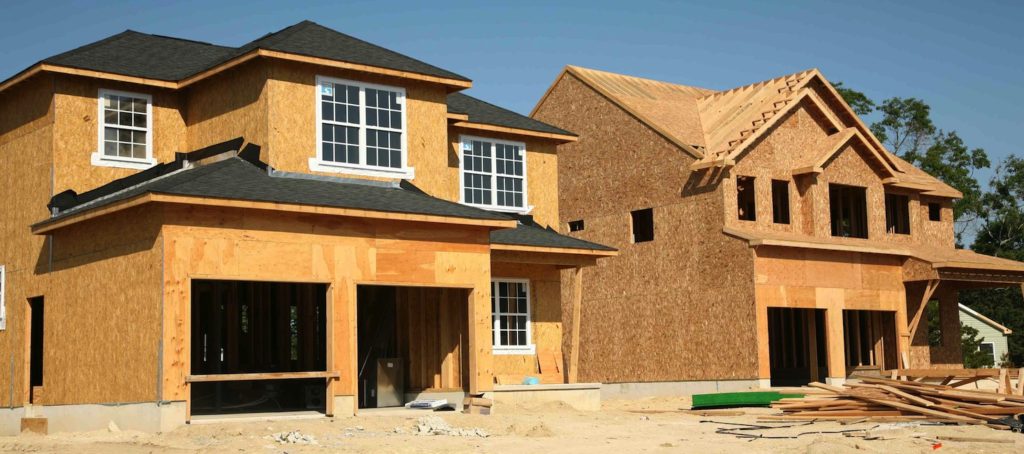
Spring is right around the corner and while we are in the cold, gray days of February, now is a perfect time to get your home ready to put on the market to sell during the Spring market!
Start purging and packing. Go through your closets, attic, garage, basement, junk drawers and decide what you can throw out and what you want to save but don’t need and can box up. Reducing the amount of clutter will help potential buyers visualize how they might use the different areas. Plus, the less you have in a closet – the bigger it will seem.
Make improvements especially in the kitchen and bathrooms. It doesn’t need to be expensive. For instance, how do your kitchen cabinets look? Are they chipped or are the knobs falling off? Replace or repaint them, tighten the knobs or replace the hardware completely. Regrout tile where needed, caulk the shower and tub, replace switch plates and doorknobs- all this will give the bathroom a fresh look without breaking the bank.
How is your front door? The front hallway? The first thing a potential buyer will see when they come to your home. Give it a fresh coat of paint and clean or replace the knob and knocker if there is one. Look around at the foyer area and notice if you need to update the walls with neutral paint or clean the trim, if any.
Use neutral, gray or white paint on the walls in each room. Another relatively cheap and easy thing to do in the Winter months to get ready for Spring. Don’t just touch up – paint the entire wall. Now is the time to paint over the bright colors you may have used. If you have carpeting in any room, consider replacing to hardwood which will help the home sell, or at the very least get a good professional cleaning.
Go room to room in your warm home while the February snow is falling outside and scrutinize everything from switch plates to ceiling fans. Look for the tiny flaws that you haven’t noticed like cob webs in between the storm & the window. Have you dusted the shades? Cleaned the curtains? Not something people think to do on the weekly, but can make a huge difference. Simply get on the floor at kid and dog level and wipe down the baseboards and look for little fingerprints to wash away with mild soap and water. Put the brush attachement on your vacuum and run it over the walls.
The Bottom Line: It’s surprising, the little things you don’t notice daily in your home. But, taking the time and seeing things through the eyes of a potential buyer can greatly help to get your home ready for Spring. Sometimes asking a friend to come to do an honest walk through and point out problems will help. Now, might also be the perfect time to find a Realtor and have them come in your home and give you their feedback as well.

 See Our National Coverage Map
See Our National Coverage Map







